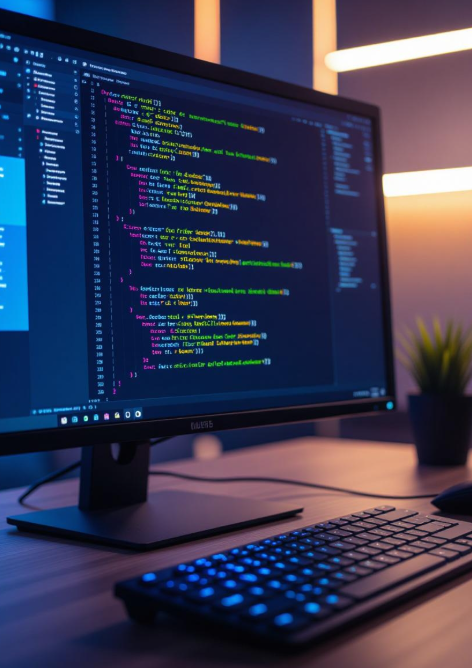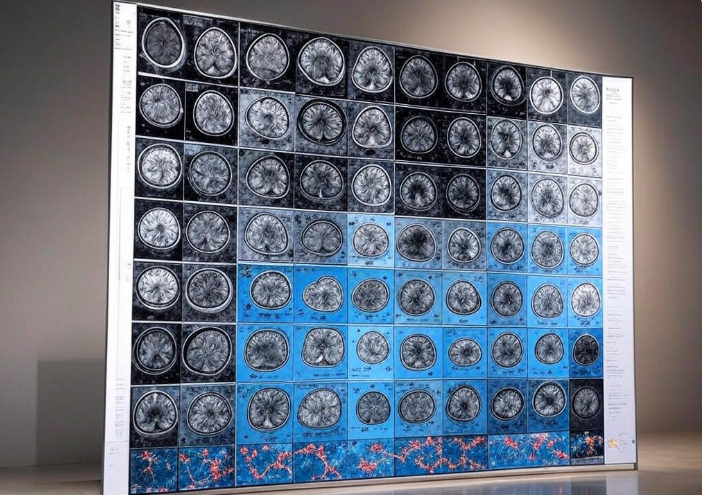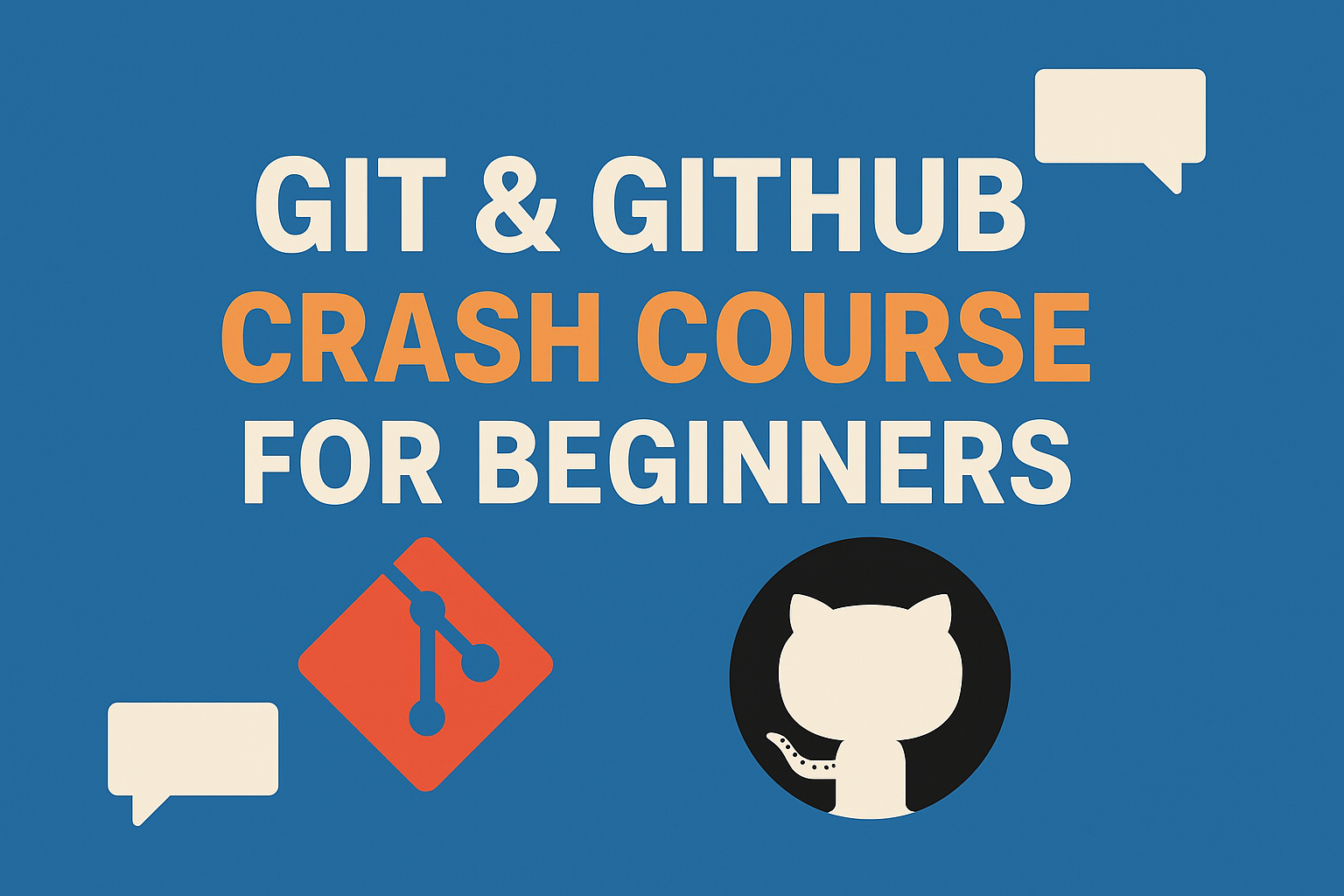The Google Professional Machine Learning Engineer certification is one of the most respected credentials in the ML industry. Having prepared numerous engineers for this exam, I’ll share a comprehensive guide to help you succeed.
Understanding the Certification
The exam validates your ability to design, build, and productionize ML models using Google Cloud technologies. It’s not just about knowing ML theory—it’s about practical implementation in production environments.
Exam Details:
- Duration: 2 hours
- Format: 50-60 multiple choice and multiple select questions
- Cost: $200 USD
- Validity: 2 years
- Delivery: Online or at a test center
What the Exam Covers
The certification tests six key domains:
1. Framing ML Problems (12%)
- Translating business objectives into ML use cases
- Identifying appropriate ML approaches
- Understanding when NOT to use ML
- Defining success metrics and KPIs
2. Architecting ML Solutions (20%)
- Designing data processing systems
- Choosing appropriate ML architectures
- Selecting Google Cloud services (Vertex AI, BigQuery ML, AutoML)
- Cost optimization and scalability considerations
3. Data Preparation and Processing (25%)
- Data ingestion and ETL pipelines
- Feature engineering techniques
- Data validation and quality checks
- Handling imbalanced datasets
- Data privacy and compliance
4. ML Model Development (20%)
- Choosing algorithms and frameworks (TensorFlow, PyTorch, scikit-learn)
- Hyperparameter tuning strategies
- Model training at scale
- Transfer learning and pre-trained models
- Handling overfitting and underfitting
5. ML Pipeline Automation and Orchestration (15%)
- MLOps best practices
- CI/CD for ML systems
- Vertex AI Pipelines and Kubeflow
- Model versioning and experiment tracking
- Automated retraining strategies
6. ML Solution Monitoring and Optimization (8%)
- Model performance monitoring
- Detecting data drift and model decay
- A/B testing and shadow deployment
- Debugging ML systems
- Continuous improvement strategies
Study Resources
Official Resources
- Google Cloud Skills Boost – Essential hands-on labs
- Complete the “Machine Learning Engineer Learning Path”
- Focus on Vertex AI and TensorFlow labs
- Exam Guide – Download from Google Cloud certification page
- Use it as your study checklist
- Review each topic thoroughly
- Sample Questions – Practice with official samples to understand question patterns
Recommended Courses
- Coursera: Machine Learning Engineering for Production (MLOps) Specialization by Andrew Ng
- Coursera: Preparing for Google Cloud Machine Learning Engineer Professional Certificate
- A Cloud Guru or Linux Academy – Comprehensive GCP ML courses
Books
- “Machine Learning Design Patterns” by Lakshmanan, Robinson, and Munn
- “Building Machine Learning Pipelines” by Hapke and Nelson
- “Designing Machine Learning Systems” by Chip Huyen
Hands-On Practice
- Qwiklabs/Cloud Skills Boost – Complete 20+ ML labs minimum
- Kaggle – Practice feature engineering and model development
- Personal Projects – Deploy at least 2-3 end-to-end ML projects on GCP
My 8-Week Study Plan
Weeks 1-2: Foundations
- Review ML fundamentals (supervised, unsupervised, deep learning)
- Learn Google Cloud basics (IAM, Cloud Storage, BigQuery)
- Complete “GCP Fundamentals” course
- Set up your GCP free tier account
Weeks 3-4: Deep Dive into GCP ML Services
- Vertex AI: Custom training, AutoML, Model Registry
- BigQuery ML: In-database ML model training
- TensorFlow on GCP: Distributed training, TFX
- AI Platform Notebooks
- Complete 10+ hands-on labs
Weeks 5-6: MLOps and Production Systems
- Vertex AI Pipelines and Kubeflow
- Model deployment strategies (endpoints, batch prediction)
- Monitoring and logging (Cloud Monitoring, Cloud Logging)
- CI/CD for ML (Cloud Build, GitHub Actions)
- Data preprocessing at scale (Dataflow, Dataproc)
Week 7: Practice and Weak Areas
- Take practice exams (aim for 80%+ consistently)
- Review incorrect answers thoroughly
- Focus on weak domains
- Review case studies and architectural patterns
Week 8: Final Review
- Review exam guide topic by topic
- Practice time management (1.5-2 minutes per question)
- Take 2-3 full-length practice exams
- Rest well before exam day
Essential Google Cloud Services to Master
Core ML Services
- Vertex AI: Unified ML platform (most important!)
- AutoML: No-code ML model training
- BigQuery ML: SQL-based ML models
- Pre-trained APIs: Vision AI, Natural Language AI, Translation API
Data Services
- BigQuery: Data warehouse and analytics
- Cloud Storage: Object storage for datasets
- Dataflow: Stream and batch data processing
- Dataproc: Managed Spark and Hadoop
- Pub/Sub: Real-time messaging
MLOps Tools
- Vertex AI Pipelines: Orchestration
- Cloud Build: CI/CD
- Artifact Registry: Model and container storage
- Cloud Monitoring: Performance tracking
Exam Tips and Strategies
Before the Exam
- Schedule strategically – Choose a time when you’re most alert
- Understand the format – Mix of scenario-based and technical questions
- Review NDA – Know what you can and cannot discuss post-exam
During the Exam
- Time management – Flag difficult questions and return later
- Read carefully – Watch for “NOT” and “EXCEPT” in questions
- Eliminate obviously wrong answers – Narrow down to 2 options
- Think like a Google ML engineer – Consider scalability, cost, and best practices
- Trust your preparation – Don’t second-guess excessively
Question Types to Expect
- Scenario-based: “A company wants to predict customer churn with limited labeled data. What approach should they use?”
- Technical: “Which metric is most appropriate for evaluating a highly imbalanced classification model?”
- Architectural: “Design a scalable data pipeline for real-time fraud detection”
- Troubleshooting: “A model performs well in training but poorly in production. What could be the issue?”
Common Pitfalls to Avoid
- Neglecting MLOps topics – Many candidates focus only on ML algorithms
- Insufficient hands-on practice – Reading alone isn’t enough
- Ignoring cost optimization – Google emphasizes efficient resource usage
- Overlooking data preparation – This is 25% of the exam!
- Not understanding when to use which service – Know the differences between Vertex AI, AutoML, and BigQuery ML
Key Concepts to Master
Feature Engineering
- Normalization vs. standardization
- One-hot encoding, embeddings
- Feature crosses
- Windowing for time series
Model Selection
- When to use classification vs. regression vs. clustering
- Deep learning vs. traditional ML
- Custom models vs. AutoML vs. pre-trained models
Training at Scale
- Distributed training strategies
- GPU/TPU usage
- Hyperparameter tuning (Grid, Random, Bayesian)
- Early stopping and checkpointing
Model Evaluation
- Precision, recall, F1-score
- ROC-AUC, PR-AUC
- Confusion matrix analysis
- Cross-validation strategies
Deployment Patterns
- Online prediction vs. batch prediction
- Canary deployments
- Blue-green deployments
- Shadow mode testing
Monitoring
- Data drift detection
- Model performance degradation
- Latency and throughput monitoring
- Setting up alerts and thresholds
Practice Questions to Test Yourself
Try answering these typical exam-style questions:
- You need to train an image classification model with 100,000 labeled images. Which Google Cloud service would be most cost-effective?
- A retail company’s recommendation model was trained on data from 2022. In 2025, the model’s accuracy has dropped. What’s the most likely cause and solution?
- You need to process streaming data from IoT devices and make real-time predictions. Which architecture should you use?
- Your model training job keeps running out of memory. What are three potential solutions?
Post-Certification Benefits
Earning this certification demonstrates:
- Practical ML engineering skills
- GCP platform expertise
- MLOps and production ML capabilities
- Commitment to professional development
Career opportunities:
- ML Engineer roles with 15-30% salary increase
- Access to Google’s certification directory
- Recognition in the ML community
- Competitive advantage in job market
Final Thoughts
The Google Professional Machine Learning Engineer certification is challenging but achievable with proper preparation. Focus on:
✅ Hands-on practice over theoretical knowledge
✅ Understanding MLOps and production systems
✅ Mastering Vertex AI and key GCP services
✅ Learning to think architecturally
✅ Time management during the exam
Remember: This certification validates your ability to build production ML systems, not just train models. Approach your preparation with that mindset, and you’ll succeed.
Estimated preparation time: 2-3 months with 10-15 hours/week of focused study, assuming you have basic ML knowledge and some GCP experience.
Good luck with your certification journey! The effort you invest will pay dividends in your ML engineering career.
Have questions about specific exam topics? Feel free to ask, and I’ll provide more detailed guidance on any area you’re finding challenging.



